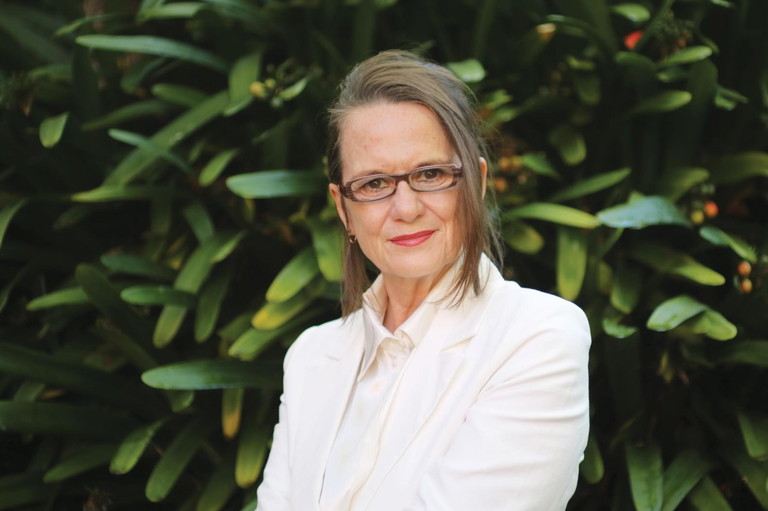COUNSELLING PERSPECTIVES

JULES SILVA
In this feature, CA interviews a counsellor and ACA member about their profession, their journey and what they’ve learned along the way. By Claire Crawford.
What prompted you to move into counselling as a profession?
Existential anxieties emerged at my mid-life that I couldn’t ignore. I took pause to reflect on the inevitable vicissitudes of joy and pain I had experienced on my human travels, including the careers (community work, creative arts and communications). It became crystal clear and crucial, for me, to find meaningful work in my final career chapter that is congruent with my deepest-held values. I completed a Master of Counselling and Psychotherapy, and the rest, as they say, is history.
What is the biggest reward of being a counsellor?
When I am with a client, I am taken out of ‘self ’ into ‘beginners mind’ to give full attention to the unique and precious life of another human who entrusts me with their story. It is a privilege. Fundamental to my professional stance is intentionally sit ‘across and with’ the client, not ‘expert and above’. If I can be helpful to the client, I am deeply rewarded.
What is the biggest challenge about being a counsellor?
I am very busy in my practice. These are difficult times in our uncertain world and the need for psychological support in the community is ever increasing. I continually find it challenging to get the balance right as I pendulate between my personal and professional worlds. This is an ongoing and imperfect process for me.
Name a highlight of your Australian Counselling Association (ACA) membership
I see the ACA as a strong and vibrant organisation with initiative and an important voice in our field – hard-working, supportive and responsive to its members. I respect and appreciate all of these aspects of the ACA.
How would you like to see the counselling industry change in the future?
I am a published researcher on ‘climate change psychology’, deeply interested in existential concerns emerging for the collective as we face everincreasing uncertainties. My research findings suggest it is imperative that professional bodies and training institutions provide leadership and guidance to therapists that enables them to support clients, and themselves, facing potentially dire climate crisis realities. The research also points to a need for professional practice to incorporate attention to existential concerns and unconscious processes: by necessity underpinned by therapists’ self-awareness of their own processes existing in parallel with the clients’.
Describe a valuable learning experience that you had as a counsellor
I’ve learned to stay curious. Look for the details and don’t assume anything, ever, about a client. Stay humble.
How many clients do you see each week?
I would say that I see too many clients each week, usually 25 and upwards (including part-time PAYG). Again, I’m always working on getting the balance right. Saying ‘no’ can be a challenge, but we must be ‘self-caring’, set those boundaries and, in a sense, model doing so to our clients.
What do you love about running your own professional practice?
I have found setting up and running my own private practice to be a steep learning curve, but I enjoy the independence, flexibility and self-determination of it. Most of all I cherish that it is important and useful work.
What pearls of wisdom would you offer to a student counsellor or a colleague?
Study deeply, work hard, always be committed to self-reflection, and if it takes a bit longer to complete your study than you originally planned to get that rich experience, then so be it. Get therapy throughout your training. I wholeheartedly subscribe to the age-old adage, ‘Physician, heal thyself ’.
I’ve learned to stay curious. Look for the details and don’t assume anything, ever, about a client. Stay humble.